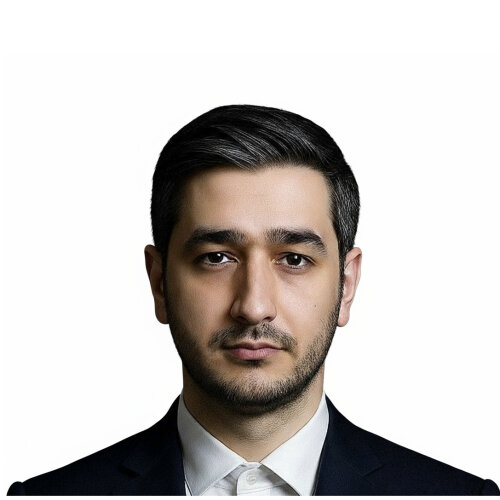Clarification Regarding Patient Rights and Possible Medical Negligence Case
Following the incident, the clinic staff have been giving him inconsistent and unclear information regarding his rights—for example, when he is allowed to leave, what he is entitled to, and other essential aspects of his stay. They have also told him that he may be required to stay for three months, but without explaining the legal basis for this or providing proper guidance.
We therefore need clarification on two points:
1. What are his rights as a voluntarily admitted patient in a Swiss psychiatric clinic, including his right to leave and his right to clear information?
2. Given that he was self-admitted and attempted suicide while under medical supervision and without being provided medication or therapy, is there a potential case for medical negligence against the clinic?
Any guidance or next steps you can provide would be greatly appreciated.
Lawyer Answers

mohammad mehdi ghanbari
Dear friend,
I am writing to you with information regarding your situation at the clinic. Please know that I've been thinking of you. Based on your circumstances, I've gathered some general information on patient rights and medical negligence in Switzerland that I hope will be helpful.
Your Rights as a Patient
Under Swiss law, patients have fundamental rights, including the right to be clearly informed and to give voluntary consent for any treatment. As someone who admitted yourself voluntarily, you generally have the right to refuse care and to leave the clinic.
However, the clinic can initiate a process for an involuntary admission if they believe you pose a serious risk to yourself or others. This is a formal legal process regulated by the Swiss Civil Code (Articles 426-439) and is not an arbitrary decision. An initial involuntary admission is typically for a period of up to six weeks and is subject to review; you also have the right to appeal the decision. The clinic has a duty to provide you with clear, transparent information about your legal status and rights at all times.
Medical Negligence
Regarding a potential medical negligence case, Swiss law requires that a healthcare provider adheres to a "duty of care". For a claim to be successful, it must be proven that the clinic breached this duty, that there was a direct link between this breach and the harm you suffered, and that damages occurred.
A potential breach could be argued if the standard of care was not met, for instance, by not providing therapy or medication leading up to your suicide attempt. However, establishing this requires a detailed examination of the facts by a legal expert.
Recommended Next Steps
Request an Advocate: You can ask to speak with a patient advocate. In Switzerland, there are non-profit patient rights organizations, such as the Swiss Patients' Organization (SPO), that specialize in supporting patients.
Demand Clarity: Formally request that the clinic provide you with written documentation of your current legal status (voluntary or involuntary) and the legal basis for their decisions regarding your stay.
Seek Legal Counsel: It would be best to consult a lawyer who specializes in Swiss medical law. They can provide a proper assessment of your situation and guide you on your specific rights and options.
This is a difficult situation, and I am here to support you. We can discuss this further over WhatsApp to figure out the next steps. Please reach out whenever you are able.
Free • Anonymous • Expert Lawyers
Need Personal Legal Help?
Connect with experienced lawyers in your area for personalized advice on your specific situation.
No obligation to hire. 100% free service.


